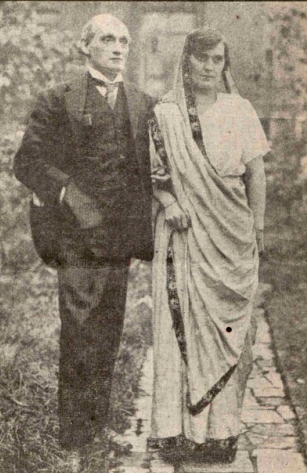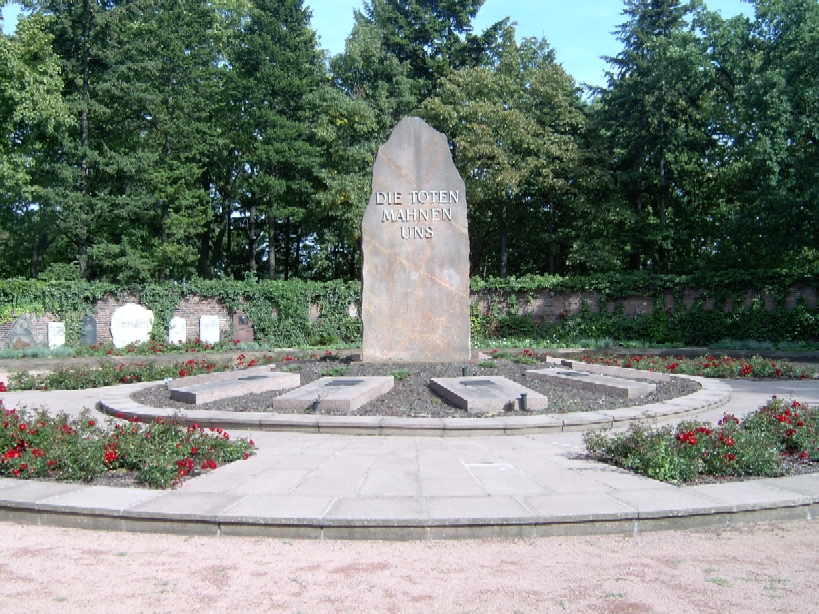|
Kunwar Mohammad Ashraf
Kunwar Mohammad Ashraf (24 November 1903 – 7 June 1962) was a Marxist historian and leader of the Communist Party of India. His works included articulating Muslim engagement with politics using a creative way during the late colonial and post-independence periods. Early life and education He was born to a Muslim Rajput family in Uttar Pradesh, Aligarh district, Hathras tehsil, Daryapur village on 24 November 1903. Ashraf began his studies in the Upper Primary School of Daryapur. He also undertook courses at Arya Samaj High School in Aligarh and the Muslim High School in Moradabad. Besides Sanskrit and Hindi, he also studied Persian language, Persian and Urdu. He passed his matric exam in 1918. Ashraf got admitted to MAO College, Aligarh, where he graduated with a bachelor of arts in Arabic logic and history. He passed his BA from this institution, in Islamic philosophy and history from Jamia Millia. He also worked in Tilak Swaraj Fund, Khadi campaign, Hindu-Muslim unity camp ... [...More Info...] [...Related Items...] OR: [Wikipedia] [Google] [Baidu] |
Communist Party Of India
The Communist Party of India (CPI) is a political party in India. The CPI considers the Foundation of the Communist Party of India, December 26, 1925 Cawnpore (Kanpur) conference as its foundation date. Between 1946 and 1951, the CPI led militant struggles such as the Telangana Rebellion, peasant revolt in Telangana, organising guerrilla warfare against feudal lords. The CPI was the main opposition party in India during the 1950s to 1960s. In 1964, 1964 split in the Communist Party of India, a split in the CPI led to the formation of the Communist Party of India (Marxist), which eventually emerged as the larger of the two parties. CPI supported the rule of Indira Gandhi, but later changed course and embraced left unity. CPI was part of the ruling United Front (India, 1996), United Front government from 1996 to 1998 and had two ministers under Deve Gowda ministry, Devegowda and Gujral ministry, Gujral Ministry. Currently, the CPI has two members in Lok Sabha and two members ... [...More Info...] [...Related Items...] OR: [Wikipedia] [Google] [Baidu] |
Shapurji Saklatvala
Shapurji Dorabji Saklatvala (28 March 1874 – 16 January 1936) was a communist militant and British politician of Indian Parsi heritage. He was the first person of Indian heritage to become a British Member of Parliament (MP) for the Labour Party and was also among the few members of the Communist Party of Great Britain (CPGB) to serve as an MP. Early years Shapurji Saklatvala was born on 28 March 1874 in Bombay (now Mumbai), India, the son of a merchant, Dorabji Saklatvala, and his wife Jerbai, a sister of Jamsetji (aka J.N.) Tata, the owner of India's largest commercial and industrial empire.Article by Mike Squires. He was educated at St. Xavier's School in Bombay before moving to St. Xavier's College for his collegiate education.Colin Holmes, "Shapurgi Dorabji Saklatvala," in A. Thomas Lane (ed.), ''Biographical Dictionary of European Labor Leaders: M-Z.'' Westport, CT: Greenwood Press, 1995; p. 835. He worked briefly as an iron and coal prospector for Tata successfully ... [...More Info...] [...Related Items...] OR: [Wikipedia] [Google] [Baidu] |
Communist Party Of India Politicians From Uttar Pradesh
Communism () is a sociopolitical, philosophical, and economic ideology within the socialist movement, whose goal is the creation of a communist society, a socioeconomic order centered on common ownership of the means of production, distribution, and exchange that allocates products in society based on need.: "One widespread distinction was that socialism socialised production only while communism socialised production and consumption." A communist society entails the absence of private property and social classes, and ultimately money and the state. Communists often seek a voluntary state of self-governance but disagree on the means to this end. This reflects a distinction between a libertarian socialist approach of communization, revolutionary spontaneity, and workers' self-management, and an authoritarian socialist, vanguardist, or party-driven approach to establish a socialist state, which is expected to wither away. Communist parties have been described as radical lef ... [...More Info...] [...Related Items...] OR: [Wikipedia] [Google] [Baidu] |
Zentralfriedhof Friedrichsfelde
The Friedrichsfelde Central Cemetery () is a cemetery in the borough of Lichtenberg in Berlin. It was the cemetery used for many of Berlin's Socialists, Communists, and anti-fascist fighters. History When the cemetery was founded in 1881 it was called the ''Friedrichsfelde Municipal Cemetery Berlin'' (). The cemetery was modelled on Hamburg's Ohlsdorf Cemetery. In 1900, with the burial of Wilhelm Liebknecht, founder of the Social Democratic Party (SPD), the cemetery became the resting place for many of the leaders and activists of Germany's social democratic, socialist and communist movements. In 1919, the coffins of Karl Liebknecht and Rosa Luxemburg, co-founders of the Communist Party of Germany were buried in a mass grave in a remote section of the cemetery. A 2009 Charité autopsy report however cast doubt on whether Rosa Luxemberg's remains were ever buried there. The division of Berlin following the Second World War caused the cemetery to be within the borders of East ... [...More Info...] [...Related Items...] OR: [Wikipedia] [Google] [Baidu] |
Ehrengrab
An ''Ehrengrab'' ( English: 'grave of honor') is a distinction granted by certain German, Swiss and Austrian cities to some of their citizens for extraordinary services or achievements in their lifetimes. If there are no descendants or institutions to care for the gravesites, the communities or cities will take responsibility for the graves and for financing their care. Many ''Ehrengräber'' (honor graves) also serve to document cultural history; for example, when a cemetery containing artistically notable graves is closed and the graves are moved at public expense. The basic details of the awarding, financing and care of honorary graves are similarly handled in all German-speaking countries. Berlin and Vienna maintain the largest number of such sites. Cities Berlin In Berlin about 200 cemeteries contain approximately 740 tombs of honor with about 800 ''Ehrengräber'' (some tombs honor several members of the same family). Berlin public memorial graves are under the leg ... [...More Info...] [...Related Items...] OR: [Wikipedia] [Google] [Baidu] |
Berlin Friedrichsfelde Zentralfriedhof, Pergolenweg - Spotaczyk-Ashraf-Schulz 02
Berlin ( ; ) is the Capital of Germany, capital and largest city of Germany, by both area and List of cities in Germany by population, population. With 3.7 million inhabitants, it has the List of cities in the European Union by population within city limits, highest population within its city limits of any city in the European Union. The city is also one of the states of Germany, being the List of German states by area, third smallest state in the country by area. Berlin is surrounded by the state of Brandenburg, and Brandenburg's capital Potsdam is nearby. The urban area of Berlin has a population of over 4.6 million and is therefore the most populous urban area in Germany. The Berlin/Brandenburg Metropolitan Region, Berlin-Brandenburg capital region has around 6.2 million inhabitants and is Germany's second-largest metropolitan region after the Rhine-Ruhr region, as well as the List of EU metropolitan areas by GDP, fifth-biggest metropolitan region by GDP in the European Union. ... [...More Info...] [...Related Items...] OR: [Wikipedia] [Google] [Baidu] |



